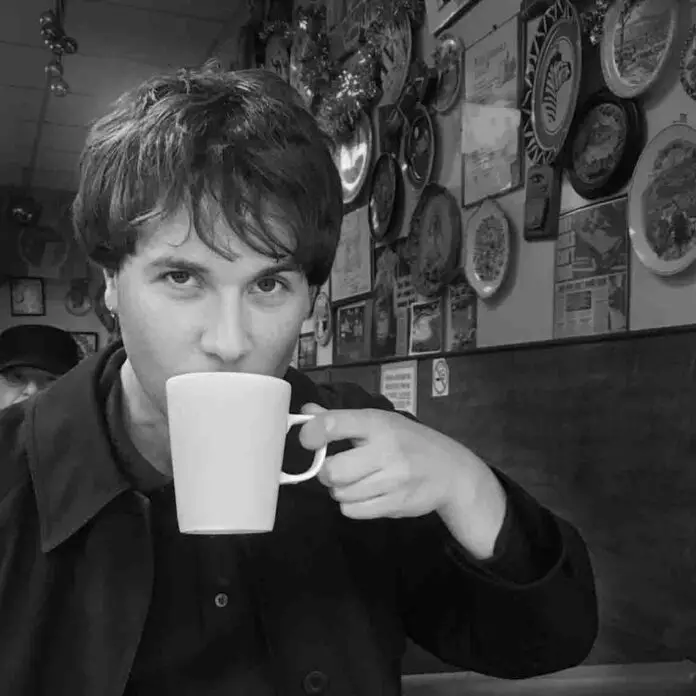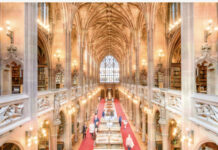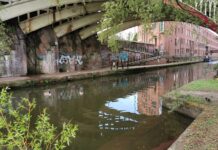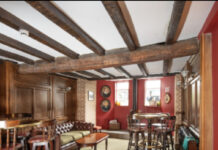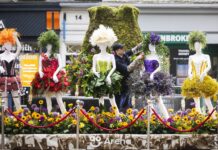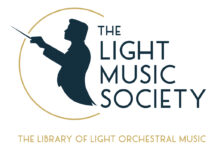Last week’s announcement, that The John Rylands Research Institute and Library is to launch a British Pop Archive – which it is hoped will become the national collection for all aspects of post-war popular culture – is good news.
The project was chiefly instigated by Hannah Barker, professor of British history at the University of Manchester and director of the Rylands Institute; curator Mat Bancroft and writer Jon Savage
Savage is an under-celebrated figure. The recently appointed Professor of Popular Culture at The University of Manchester has helped contextualise Mancunia for over 40 years now in ways both tangible and elusive. Born Jonathan Sage he was first hired as a researcher at Granada by Tony Wilson and was a part of the nexus around early-phase Factory. It’s when people like him drift from the story that Factory seems to lose itself to lad culture, drug culture and musical drift – check out this terrific bit of YouTube ephemera in which he takes a 24 hour drive around Manchester, taking in the last days of the Hulme Crescents and the now gone Boardwalk [Click link]
In the last two years alone, he has curated both the Use Hearing Protection exhibition on the early years of Factory at the Science and Industry Museum, and Manchester Art Gallery’s terrific Protest! Retrospective on the art of Derek Jarman.
The British Pop Archive, aiming to endure well beyond our lifetimes, underscores his contribution. 
Bob Stanley’s forthcoming book Let’s Do It: The Birth Of Pop – published next month by Faber & Faber (and to be launched with an event at Blackwell’s on 9th May) – is a history of pop music leading up to the 1960s, telling the story of how disparate strands of ragtime, jazz, folk, exotica and swing collided to birth the miracle (and by the end of it you are convinced that it is a miracle) of the modern pop song. Reading it you realise there are huge contributions and careers that we simply are unable to fathom – and have to accept we never will be able to – because the medium of their transmission was never archived. This is primarily the case with radio stars.
A false promise of the internet was that this would never happen again – that it existed as an auto-archive. The worry instead was that it would collect too much data to make sense of cultural history. But any music journalist who has attempted to research a band from, say, 2005 will tell you this isn’t the case. Why? Articles were written for publications whose websites have expired – a problem which can apply to corporate publications and scrappy fan sites alike. Key testimonies were posted on social media sites that became defunct or users simply deactivated their accounts. Images were hosted on servers that no longer exist.
 In 2019, for example, social media platform MySpace – gone now, but key in the early 2000s – lost every single piece of music and video uploaded to its site before 2016 due to a faulty service migration. Do you know where your hard drive from ten years ago is?
In 2019, for example, social media platform MySpace – gone now, but key in the early 2000s – lost every single piece of music and video uploaded to its site before 2016 due to a faulty service migration. Do you know where your hard drive from ten years ago is?
All this speaks to a complacency over digital abundance, entailing a widespread failure to even consider backing up contemporary culture, so there is a kind of leaky digital amnesia at play in the midst of our popular heritage. We should celebrate the establishment of a British Pop Archive – and that it will exist in Manchester – for making life easier for music professionals and enthusiastic amateurs keen to understand the modes of expression that defined the 20th century. If they’re particularly lucky they might even find this column.
–
If you’ve got to the end of this it seems appropriate to introduce myself. My name is Fergal Kinney and I write about music, culture and society for publications such as The Guardian, The Quietus, The Face, Tribune and US political magazine Jacobin. I was born in 1993 just outside of Blackburn, and I have lived on and off in Manchester since I was 18, when I moved to study Politics at university. Having never previously written a regular column, this will be something of an experiment. I’m looking forward to being able to cast the net widely and interrogate the city which, I assume if you are reading this, we share.
.

